Education Fellows
The Delft Education Fellowship recognises and appreciates the efforts of lecturers for educational innovation and boosts the impact on educational reform and development. Lecturers, Assistant professors, Associate professors and Full professors can become Education Fellow when they have made a visible, substantial and valuable contribution to the education of TU Delft. The Dean of each faculty will nominate potential Fellows. Each year TU Delft appoints four new Education Fellows. Since 2016 31 Education Fellows have started their educational fellow project.
A TU Delft Education Fellow is appointed for a period of two years. They receive a two-year grant of €25,000 per year for educational purposes.
Contact
Annoesjka Cabo | Academic Director Teaching Academy
Supported by:
2025
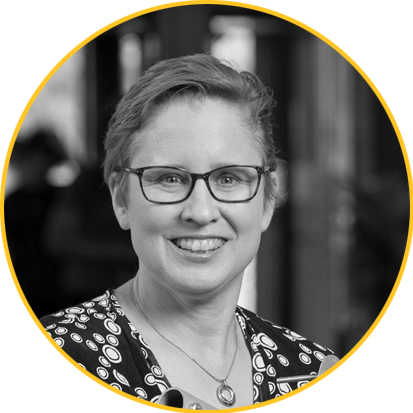
Gillian Saunders
RevAImping the Literature Research
The goal of this project is to redesign the current set-up of the Literature Research course within the MSc Robotics incorporating the advancements of increased online literature availability and searchability as well as Artificial Intelligence (AI) tools and the need for accountability, transparency, and traceability that comes with these advancements whilst at the same time embracing the opportunities for innovations this brings.
The purpose of this project is twofold: 1) to create a multimedia Instructable for MSc students to assist them in writing their literature research efficiently and responsibly, including the responsible use of AI. 2) to create a set of recommendations for responsible lecturers and supervisors of literature research and theses containing literature research to allow for accountability, transparency,and traceability in student deliverables in a rapidly changing field of literature research due to the implementation of AI technology.
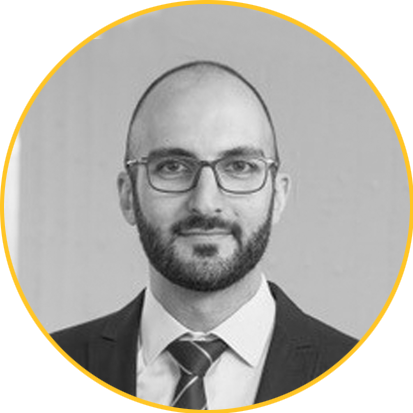
Arash Asadi
EDU-LLM: Responsible Integration of Large Language Models in Academic Teaching
in partnership with 4TU.CEE
The EDU-LLM project explores the innovative use of Large Language Models (LLMs), such as ChatGPT, to enhance teaching and learning experiences at TU Delft. Recognizing the disruptive potential of LLMs in education, this initiative aims to develop reliable, responsible strategies for their integration, focusing on two main objectives. First, EDU-LLM seeks to promote active learning by redesigning assignments that incorporate LLMs in ways that require critical thinking and problem-solving. By supporting tasks with LLM feedback while encouraging validation of LLM-generated responses, students can engage deeply with course material. Second, the project addresses the need to optimize teaching resources. By employing LLMs to assist with routine student questions under TA supervision, EDU-LLM reduces the teaching burden, allowing educators to prioritize high-impact interactions with students.
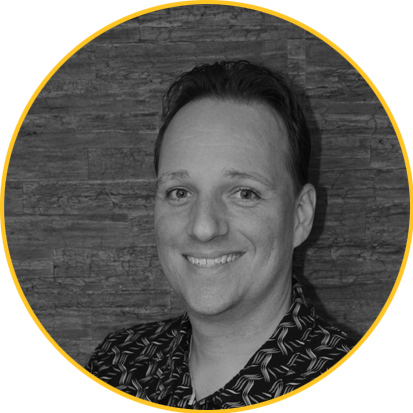
Winfred Mugge
Bridging the skills gap: Employability skills in engineering education
Bridging the gap between skills acquired in higher education and those required by employers is essential for our graduates to enhance their employability. In order to be an effective professional, the literature describes the need for good role models and development of a consistent Professional Self-Image. Enterprises are increasingly asking for the full range of transferable skills, attitudes and behaviour, and as a result, learners need to know what these skills are and how to demonstrate them.
I will bridge this gap by developing a new learning line that provides vocabulary to students to describe their abilities, and challenges students to take responsibility in their personal development preparing them to “manage” their own careers and be self-reliant. The envisioned project follows up on my Senior University Teaching Qualification-trajectory in the MSc program Technical Medicine (TM), jointly offered by Leiden, Delft and Erasmus. I will further develop the new learning line and I will explore applicability to other (inter-/multi-/transdisciplinary) programs.
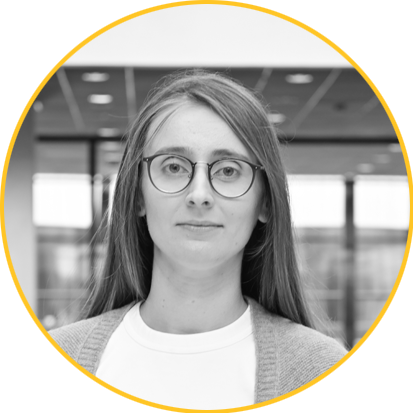
Nikolina Šoštarić
AI-enhanced programming education for applied scientists
Integrating artificial intelligence (AI) tools into education presents unique challenges and opportunities. How can AI be effectively embedded into curricula? How does it impact student learning, and how should educational goals be adapted to account for this technology’s influence?
As students increasingly rely on AI in their academic lives, a proactive approach of the educators is essential. Without structured guidance, students risk using AI without understanding its limitations or critically assessing its outputs. Embedding AI thoughtfully into education can help students develop the skills to use it effectively, transforming AI from a potential crutch into a valuable learning tool.
This project will investigate the integration of ChatGPT, a leading conversational AI, into the Nanobiology introductory Python course. It will aim to foster responsible AI use, guiding students to evaluate AI-generated responses critically and apply ChatGPT effectively within programming exercises. Through tailored assignments, students will explore ChatGPT's capabilities and limits, enhancing their problem-solving skills, learning outcomes, and readiness to use AI as a meaningful part of their educational journey.
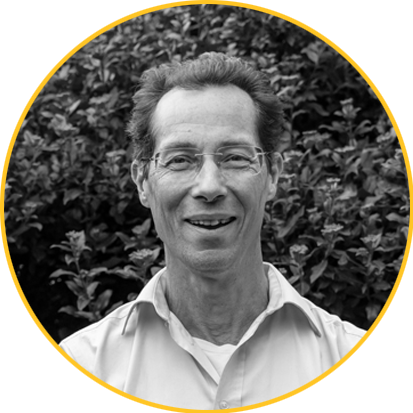
Wim Bouwman
Towards Better Learning: Evaluating the Educational Impact of Coherent Curriculum Reform in Engineering Education
The impact of curriculum changes in higher education, on student learning and well-being is often overlooked. Traditional evaluation metrics, such as study duration and dropout rates, do not capture the full picture of educational effectiveness.
This project aims to evaluate the educational impact of a thematic curriculum reform in the BSc Applied Physics program at TU Delft. By focusing on student learning outcomes and teacher experiences, the study will provide insights into the effectiveness of this approach.
Careful analysis of the data collected, will contribute to a better understanding of the factors influencing the success of curriculum reforms and provide evidence-based recommendations for future improvements in engineering education.
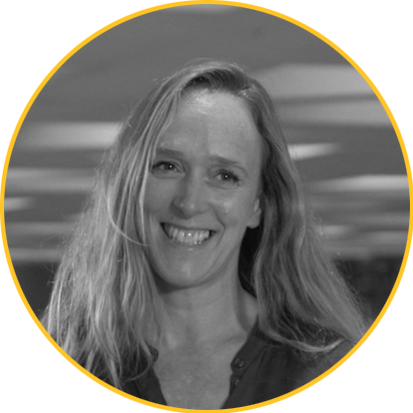
Sam Riedijk
A transdisciplinary education service
in partnership with the Convergence
While the potential merits of transdisciplinary education are evident, currently, transdisciplinary teaching programs are scarce and the organizational structures of university are not ready for hosting transdisciplinary educational programs. Existing educational programs have their own constructive alignment, and associated EC’s, and will have difficulty hosting transdisciplinary education within their existing structure.
In this Fellowship, we aim to create the transdisciplinary education service; an architecture within the Convergence to develop and host transdisciplinary education and connect it to transdisciplinary research. The transdisciplinary education service connects educational expertise to the educational needs that emerge based on transdisciplinary research results within the Healthy Start research projects.
This Fellowship furthermore focuses on the financial architecture of the transdisciplinary educational service, as we recognize that resources are scarce and financial independence is a prerequisite for being able to complement our transdisciplinary research as well as our more traditional educational programs with transdisciplinary education. The transdisciplinary education center has the potential to become one of the pillars of the convergence, firmly placing education within the heart of where new knowledge is generated and needed.
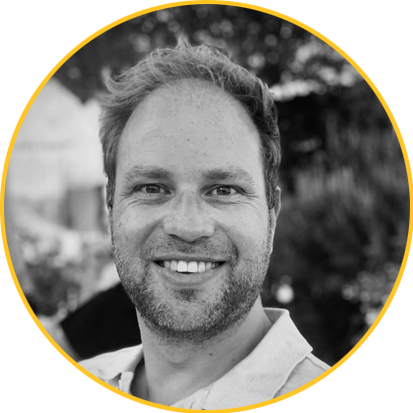
Steven Flipse
Transdisciplinary Teaching & Learning
in partnership with the Convergence
Part of our teaching efforts at TU Delft revolve around teaching students to contribute to solving relevant and real-life (societal and/or scientific/engineering) problems. But as such problems are growing into more difficult volatile, uncertain, complex and ambiguous (VUCA) societal issues, this also changes what the expected roles of our future students will be: they will more and more be expected to place engineered ‘solutions’ in a societal landscape of different views and values of the different stakeholders involved in such problems.
This requires students to develop competencies to look across the boundaries of their own discipline, broader societal awareness, the ability to shape responsible actions, integrate viewpoints. The overarching embodiment of such competencies are at the root of what we call ‘transdisciplinarity’.
Yet, the question is how do we best teach students transdisciplinarity? The explicit goal of this project is to empower teachers and program coordinators in establishing a strategy for transdisciplinary teaching and learning in their own courses and curricula. Particular value of such a taxonomical overview may be found in the development of novel programs that emerge out of the Convergence Initiative.
2024
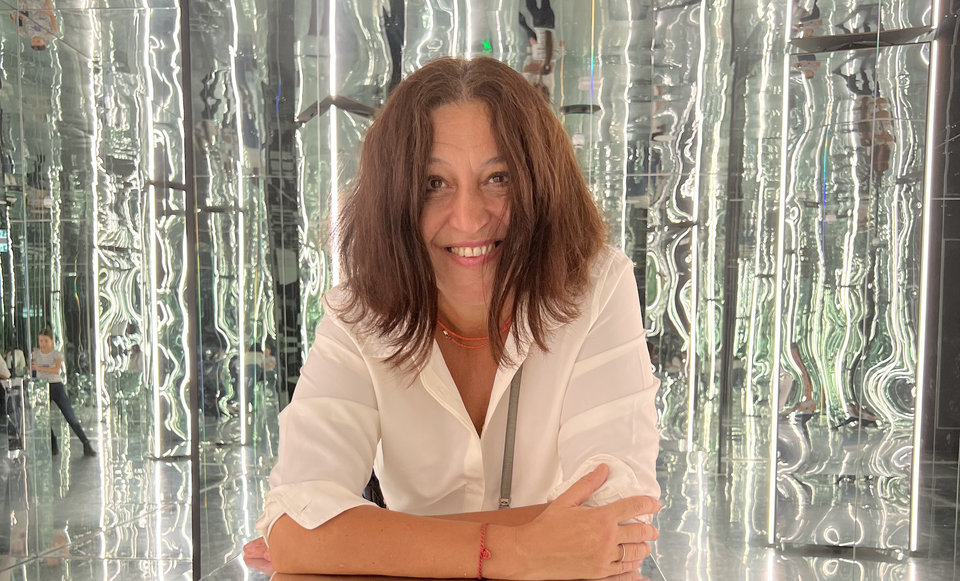
Luisa Calabrese
Arts, Science and Technology Education
The "Art, Science, and Technology in Education" project at TU Delft aims to unify the community of scholars, educators, and students already involved in integrating arts into our campus, while also expanding this community through a dialogue on the role of arts in engineering education. Despite various art-related projects at our campus, a cohesive Art Science community is currently lacking. Through the TU Delft Teaching Academy Education Fellows program, this initiative seeks to address this gap.
My objective is to convene this community and collaboratively develop educational activities that integrate art more closely with engineering education. By fostering a collaborative network, participants will share experiences, compare methods, discuss goals, and establish common agendas. This effort will include workshops, seminars, and informal gatherings to facilitate the exchange of ideas and best practices. Ultimately, the project aims to enhance scholar and student engagement, foster creativity, and improve learning outcomes by cultivating a dynamic and inclusive environment where art and engineering intersect meaningfully.

Jos Zwanikken
Building the tracks for a diverse student population
This project will focus on creating multiple tracks within single courses that lead to the same learning goals, with the aim of catering a diverse student population (in many aspects), and nurturing an environment that could support and promote transdisciplinarity. The project expands on a successful experiment in Q2 of the past academic year, with the intention to implement multiple tracks within the physics courses of the Nanobiology curriculum, based on level of independence/responsibility and focus on skill. This would offer the students a choice between two levels of responsibility, and supply them with a much broader scope of course materials, which are only partly summative. In particular, a selection of the summative assessments could be chosen, including assignments which put emphasis on computation, mathematical rigour, or practical relevance. These developments will be heavily informed and reviewed by educational experts and collaborators.
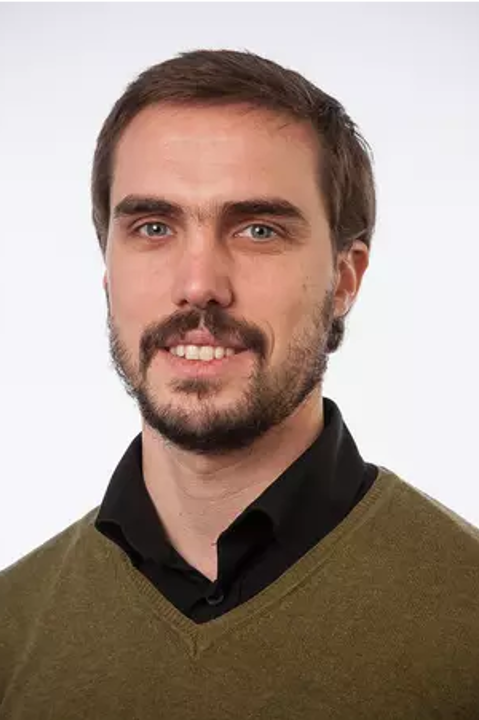
Giuseppe Radaelli
Let the penny drop! Active multisensorial learning in large classes
The goal of this project is to activate students by letting them perform experiments, even in very large classes, and thereby increase the effectivity of their learning. When considering class sizes of 500-1000 students, which is the case of many of our BSc courses, it becomes challenging to activate all students because of logistical, economical, educational and time constrains. However, small scale experiments that focus on the grasping of a theoretical concept, can sometimes be developed with very little material, and can really help to let a penny drop.
For instance, I recently experimented with understanding the behaviour of linkage mechanisms by having each pair of students construct one out of paper straws and sewing pins. The students can personally put the veracity of the theory to test and find its limit of applicability.
The purpose of this project is to design new activities that involve experimental practice in class that are logistically feasible, cheap, reusable, well-embedded in the lectures and serve the learning objectives.
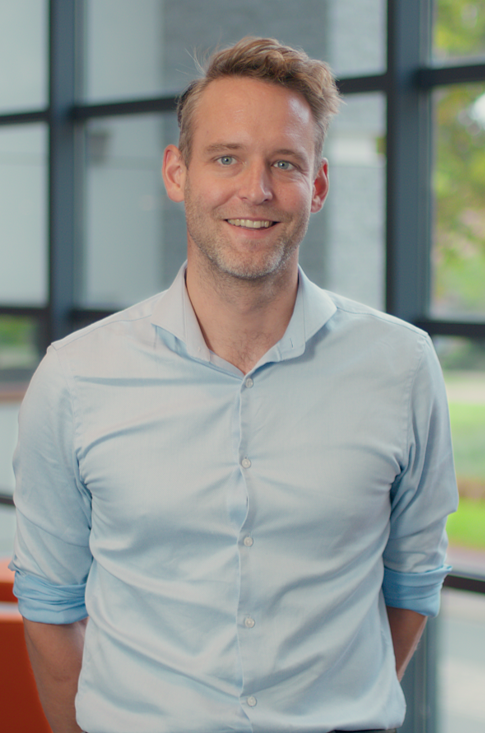
Maarten Kroesen
Finding commonality in diversity: revealing shared supervision styles using the Q-method
Effectively supervising bachelor students is challenging for several reasons and therefore requires considerable knowledge and skills. Up till now, this knowledge has largely remained tacit and implicit. Given the increasing diversity in the teaching staff, however, there is an increasing need to make this knowledge explicit. I propose to do so by revealing the various supervision styles of teachers involved in bachelor student supervision and engage in a discussion with teachers about these styles. In doing so, new teachers may be inspired by the teaching styles of experienced teachers, while experienced teachers may be triggered to experiment with other styles than previously used to. To reveal the various supervision styles I propose to use the Q-method, which is suitable method to identify the existing viewpoints regarding a particular subject in an objective and structured way. In addition to organising workshops for teachers, I will implement the results in an online tool so that teachers can self-assess themselves and discover their supervision style. In addition, I will explore the transferability of the results to bachelor student supervision at other faculties as well as master student supervision.
2023
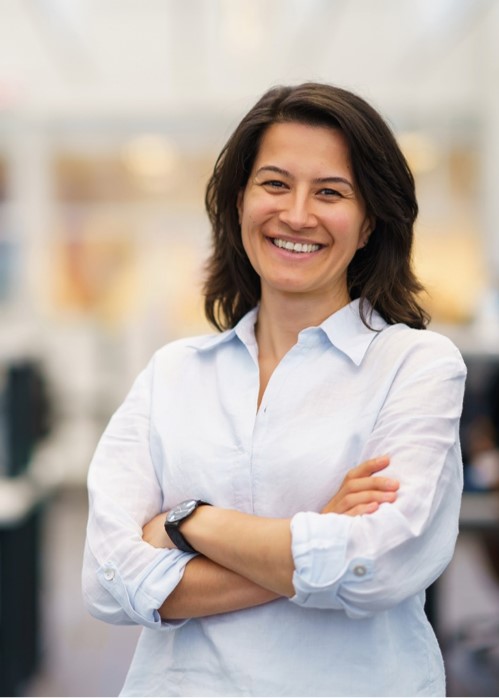
Ilke Ercan
Bridging the Gaps in Electrical Engineering Education
My goal is to address the growing gap between conventional electrical engineering (EE) education and the practical implementation of interdisciplinary technologies. This project focuses on building three essential bridges: bridging the gap between secondary school and Bachelor (BSc) education, between BSc EE courses at TU Delft, and between BSc and MSc education.
The first step involves establishing an Electronics Makerspace in the EE department. This makerspace will facilitate hands-on learning experiences, connecting secondary school and bachelor education. This makerspace will yield engaging and creative content illustrating the practical uses of electronics. The aim is to create content that is challenging and fun, yet affordable and replicable to inspire students to pursue the projects further to develop personalized modifications. It will also serve as a platform for community outreach.
The second component focuses on developing projects that focuses on the intersection between courses in the EE curriculum. The most recent EE curriculum revision creates opportunities to integrate such activities and projects. The recent improvements we make not only enhances interdisciplinary education but also aims to create a more inclusive environment for students who come from underrepresentated backgrounds.
The third component aims to bridge the gap between BSc and MSc education by providing research opportunities for Bachelor students. This involves creating a project inventory on the Project Forum website and developing an Bachelor Research Handbook. These initiatives will increase student engagement, encourage research involvement, and promote the pursuit of Masters education.
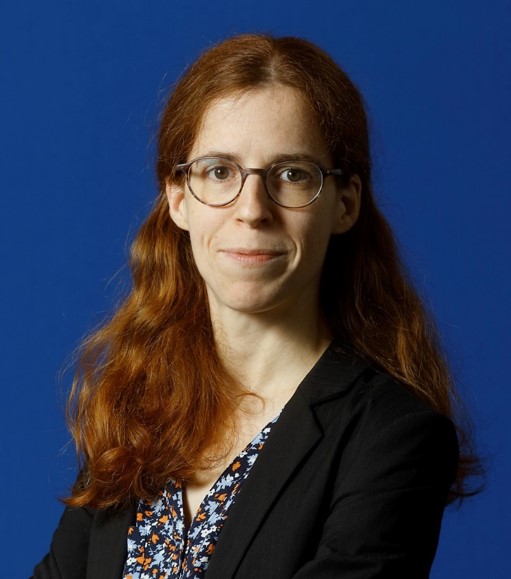
Axelle Viré
Embedding the creation of learning communities in university education for a wider societal impact
I aim to establish learning communities in university education that have a significant impact on society. This project focuses on creating long-lasting and widespread communities and outreach programs that connect students, school teachers, pupils, and professional engineers. This facilitates collaboration and addressing real-life challenges. By utilizing student assignments as outreach materials, we bridge the gap between academia and the broader world, enhancing societal engagement.
The students receive comprehensive training in technical and non-technical skills, including engineering, communication, and diversity and inclusion values in line with the principles of Practising Professionalism Framework. This is key as our students will be the ones leading and building the organisations of tomorrow.
Introducing school pupils and teachers to new technologies and showcasing different facets of engineering plays a crucial role in promoting a more inclusive and welcoming atmosphere. The primary focus of my Educational Fellowship is on schools in Delft and Den Haag. This program is part of the offshore wind energy minor.
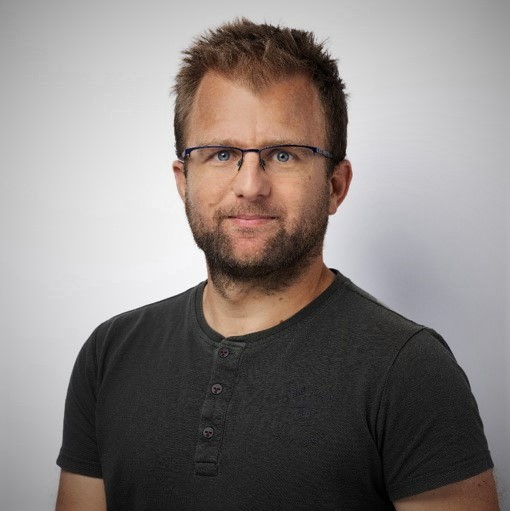
Freek Pols
Enhancing Lab Courses: Fostering Scientific Inquiry
I aim to improve lab course quality and stimulate collaboration among introductory lab courses, jointly redesigning materials. After successfully redesigning the first-year physics lab course with a focus on inquiry and the minor introducing students to physics experimentation, I shared my research through scientific papers and conferences. My primary research goal is to enable secondary school and first-year university students to engage in scientific inquiry.
The awareness of limited learning outcomes in content-focused lab courses globally has shifted the emphasis towards scientific inquiry in introductory labs. Transforming or developing lab courses is ambitious, as teachers often excel in experimentation but lack pedagogical knowledge for efficient redesign while managing teaching commitments. I propose a collaborative approach to share teaching materials and establish common goals for inquiry-based learning. Open-ended experiments and cross-cutting concepts foster applicability across science subjects. This effort promotes collaboration, enhances lab course quality, and addresses challenges faced by educators.
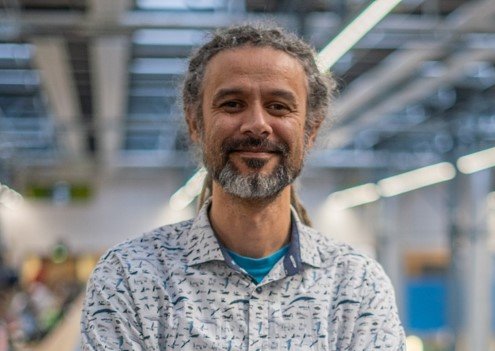
Stefan Persaud
Productive Failure for Engineers: Embracing Mistakes in Engineering Education
I am focused on the theory and method of Productive Failure (PF), which promotes learning from mistakes in engineering education. In the field of engineering education, there is a pressing need to shift from the conventional Direct Instruction model to Productive Failure, prioritizing problem-solving before instruction.
At TU Delft's Faculty of Industrial Design Engineering, my goal is to implement PF in the Understanding Product Engineering course and providing training for the teaching team. By doing so, I aim to enhance students' understanding, critical thinking, and problem-solving abilities. The current emphasis on correct answers and point accumulation hampers deep learning and fails to integrate theoretical knowledge into design projects.
Through embracing PF, students will actively engage in collaborative problem-solving, reflect on their actions, and receive formative feedback from both teachers and peers.
I will share the project outcomes through workshops, a dedicated blog, conference papers, and open educational resources. My intention is to enable other educators to benefit from my research and enhance engineering education across various institutions.
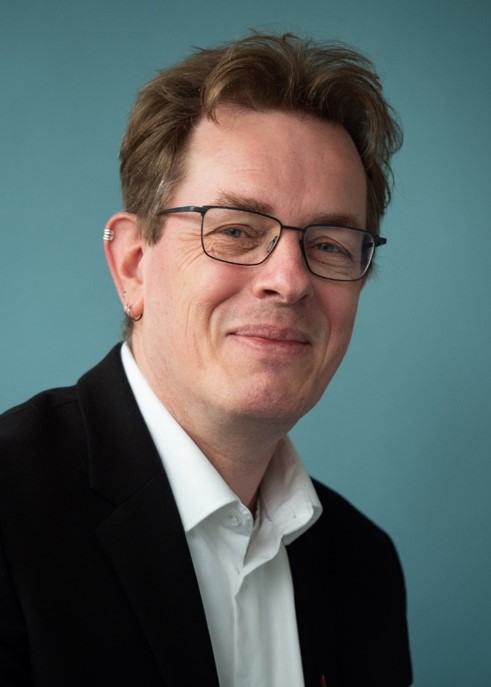
Maurits Ertsen
The Innovative project
My objective is to address two interconnected challenges in engineering education programs. Firstly, I aim to cultivate an inclusive learning environment that caters to diverse learning styles, enabling students to achieve personalized learning objectives. Secondly, I strive to establish meaningful connections between different disciplines, stimulating the development of interdisciplinary skills and knowledge.
To achieve these goals, I will explore the interpretations of inter-, multi-, and mono-disciplinary skills and knowledge required by engineering students. Additionally, I will define and develop effective, focused, and affordable teaching formats for inter- and multidisciplinary engineering education.
My teaching approach builds upon successful methods such as problem-based learning and project-based learning, while incorporating original educational techniques. These approaches empower students to create their own pathways for achieving desired outcomes, promoting integrated learning instead of isolated disciplinary blocks.
The project's vision revolves around creating an inclusive learning environment and fostering interdisciplinary connections. Effective teaching formats for inter- and multidisciplinary engineering education will be realized through interactive workshops informed by survey results and research findings.
2022
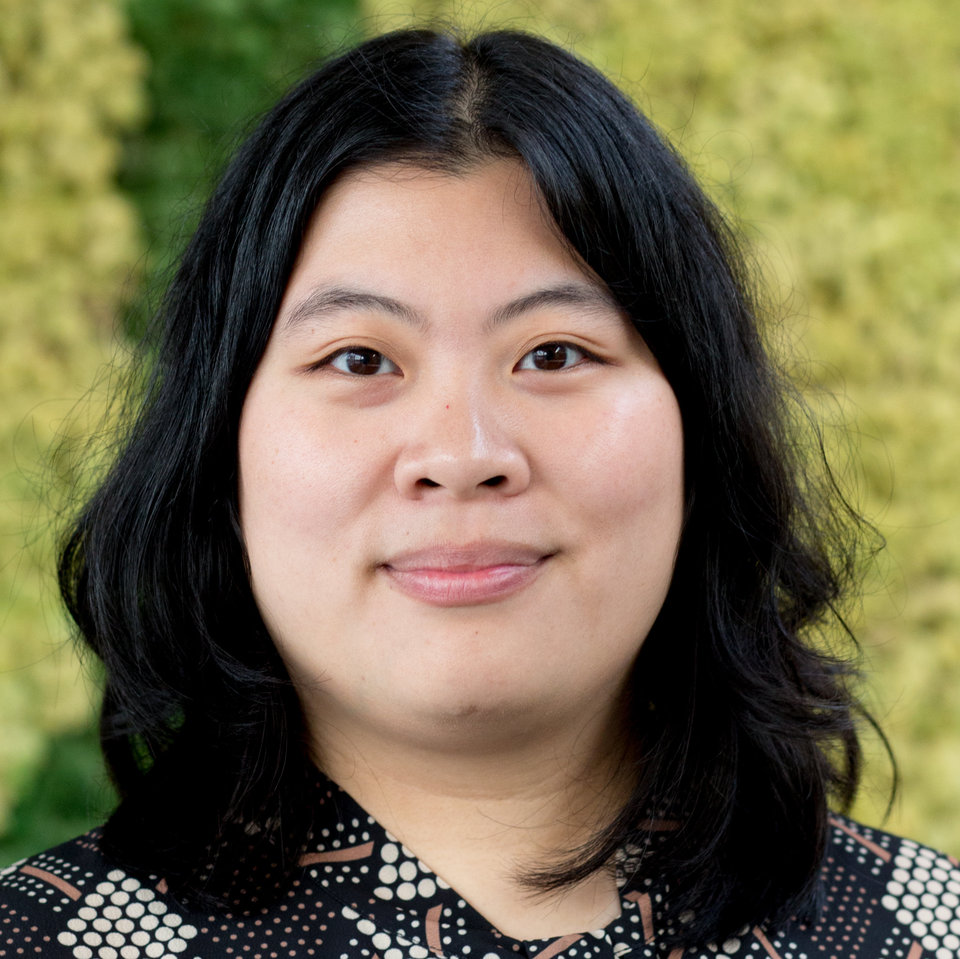
Cynthia Liem
Data-driven decision-making, often enabled by AI techniques, is increasingly in demand. Next to great promises, major concerns are rising on whether this is done in valid and responsible ways. While we are increasing AI teaching activities at TU Delft, it will be worthwhile to jointly investigate how matters of responsibility can best be taught to our students, from the three complementary perspectives of science, design and engineering. This includes, but should not be limited to courses on ethics and value sensitive design; beyond these, we should more consciously think about teaching methodological and scientific integrity, as well as communication across disciplines. With my project, I wish to create a community of like-minded colleagues and interested stakeholders in beyond TU Delft, jointly building a common ‘best practice’ catalogue.
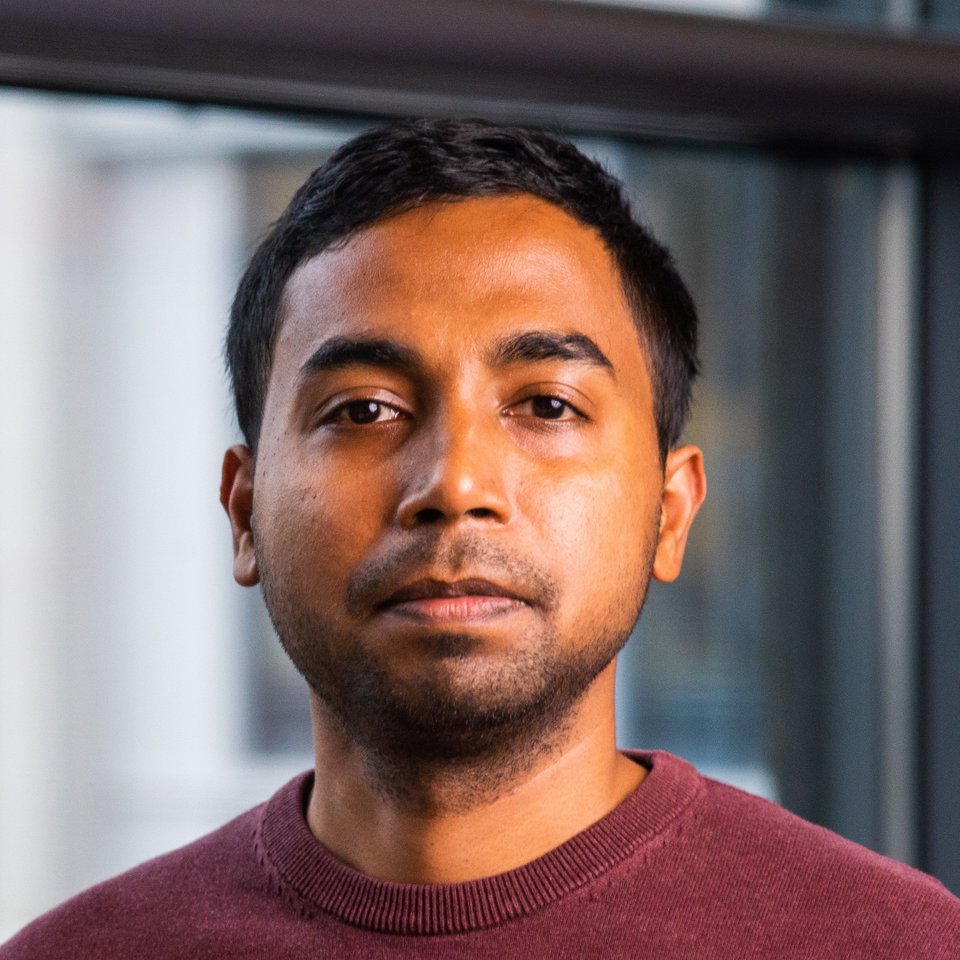
Bijoy Bera
My interest in the context of educational innovation lies in reaching the students in a dynamic and active classroom where a student’s individual preferences and needs are taken in account. Personalization of education is mostly limited to flipped classroom approaches, but that has long proved to be insufficient. Within this Fellowship, I will develop a series of study materials focusing different aspects of the content. E.g., certain theoretical parts of my Transport Phenomena course are best explained with the help of experiments. These parts will be taught in a lab where demonstrations of such experiments will be shown and at the same time, the students will carry out experiments themselves for hands-on experience. Once these different sets of study materials/learning activities are developed, the students will not be categorized to follow just one of them but rather, be exposed to all of them. This is thus also a method which attempts to take the students through a path of self-exploration and self-discovery ultimately leading to a complete learning experience.
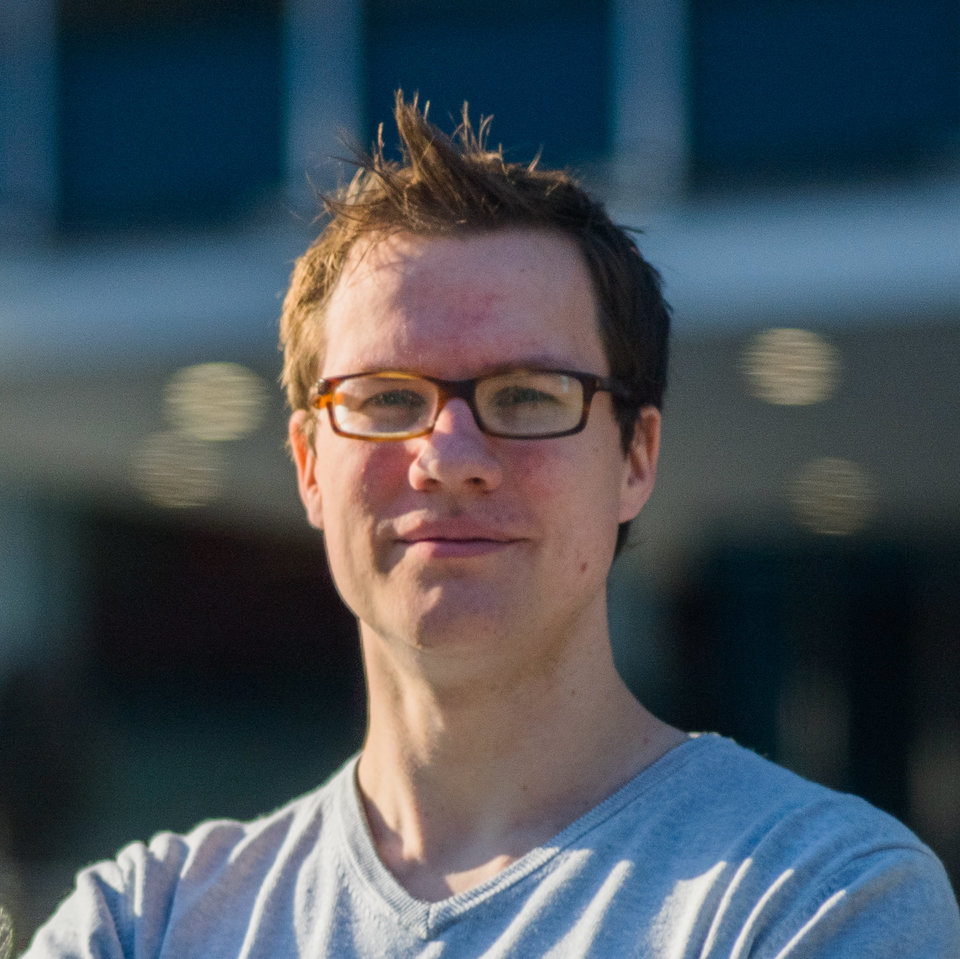
Stefan Hugtenburg
Practice material is often organised linearly (by topic, or chronologically). This simplification does not reflect the complex dependencies between topics. By making these dependencies explicit, we offer students an organisation of their practice material that shows them what prerequisite knowledge we expect, and where this knowledge will be needed again in the future. Both within a course, but also between them. This way we make explicit how different parts of our field are related, whilst helping students transfer skills beyond the current courses.
In this fellowship I plan to further develop the platform we currently use for these so-called skill circuits (available at skills.ewi.tudelft.nl), as well as design workshops to encourage my colleagues (that’s you!) to explore to what extent skill circuits as a design work for their courses.
2021
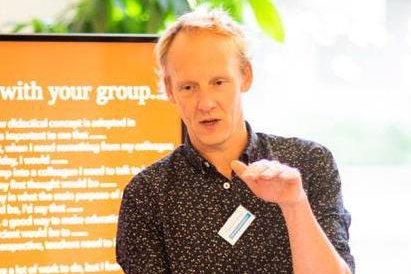
Sjoerd van Dommelen
Students today desire to achieve a genuine contribution to society. Some say they are better `wired’ to deal with our global challenges, as they grew up within social- and data technologies. Therefore, the new bachelor curriculum of IDE will enable students to envision, consider and start pursuing their part as an agent of change. A dedicated learning line and elective space will help them find their individual position. The Education Fellowship grant enables us to develop the activities for this learning line, train staff, learn from application in practice and explore the translation of this learning line to other faculties. The larger scope is to help secure TU Delft's ambition to deliver responsible, reflective practitioners - not just engineers.
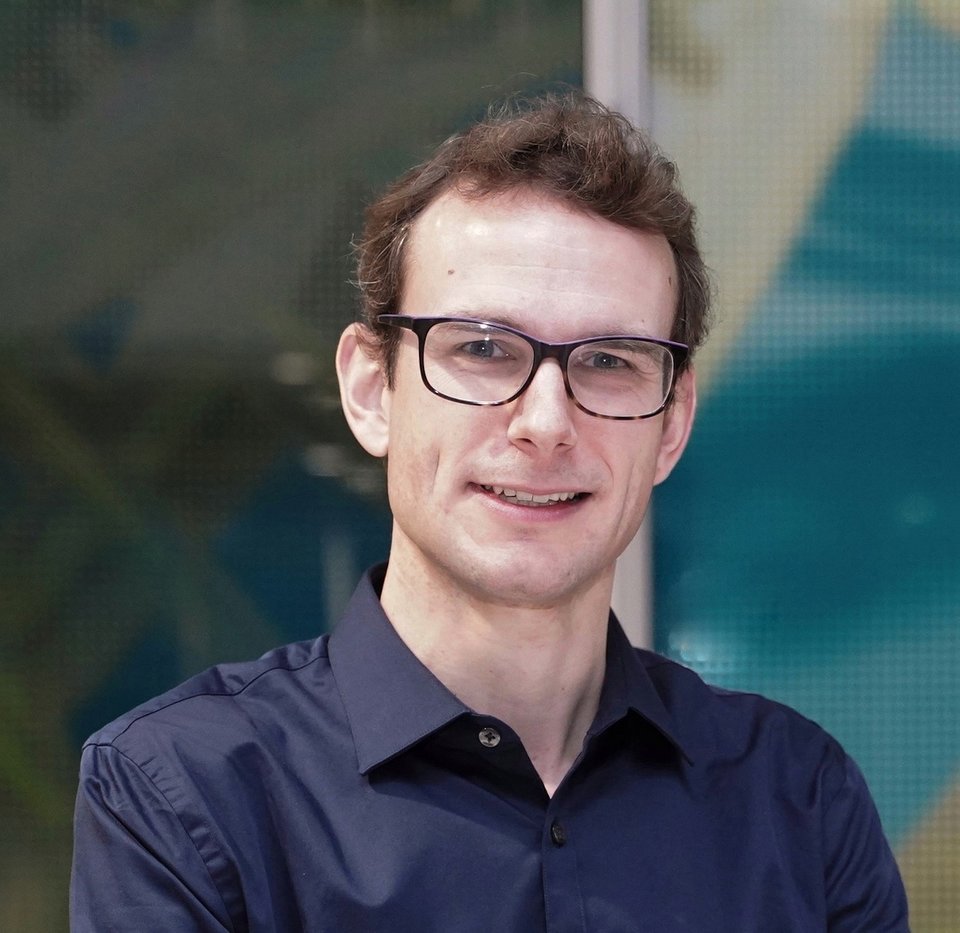
Timon Idema
While we all know that the future is multi-disciplinary, the textbooks from which we teach are usually still written from a monodisciplinary perspective. To compensate, many teachers develop their own material. Most of those materials however don’t make it beyond a single class, as teachers lack the time and options to develop them further. Much can be gained by working together, if we have the right tools. In particular, we could develop educational materials in the same spirit in which open software is developed: a combination of the approach of gitlab and Wikipedia, allowing people to contribute to or branch from projects while getting credit for their work. In this project, we will develop the necessary tools and kickstart the collective development of new, open, multi-disciplinary and multi-resources ‘textbooks’, giving teachers new ways to share, and students new ways to learn.
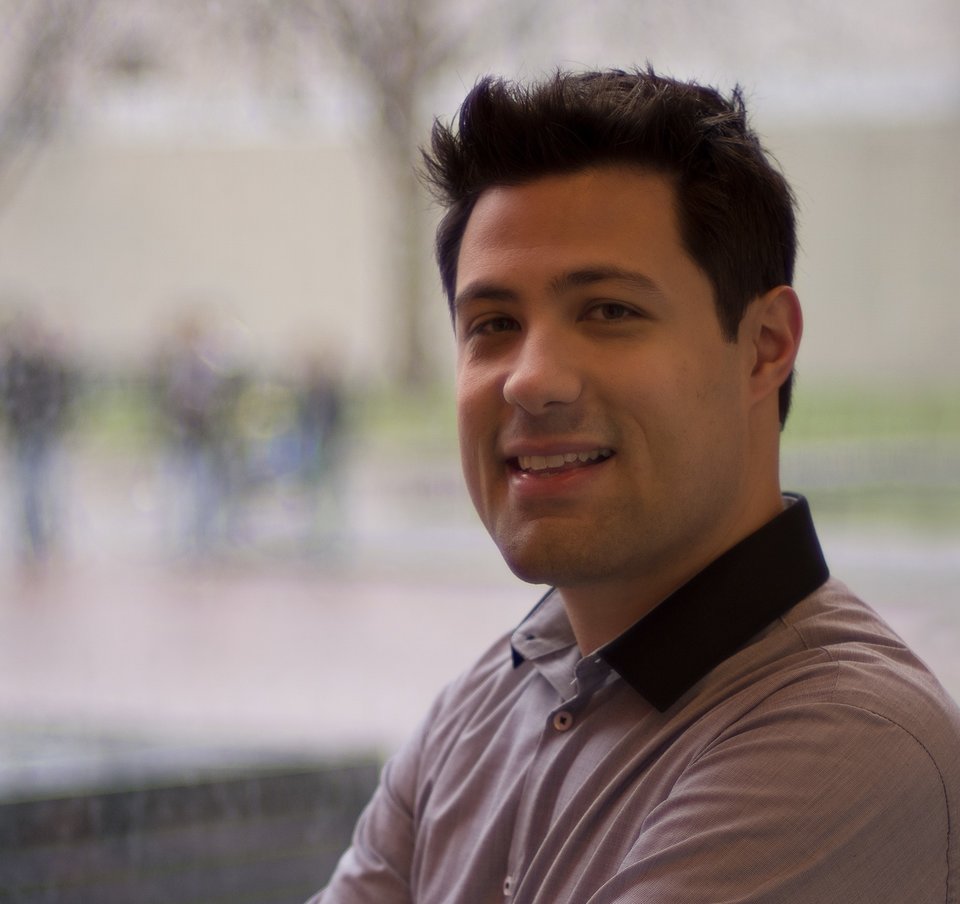
Mauricio Aniche
We already know by now the importance of programming skills. But whenever we think of becoming programmers, we think of learning a programming language or algorithms and data structures. However, a skill that is as important as writing programs is to test those programs, and make sure that they actually work. After all, society depends on working software!
The goal of my fellowship is to develop a platform fully focused on software testing education. Software testing education offers lots of challenges for both teachers and students. In this platform, students will exercise different testing skills, such as writing automated test cases that achieve a certain level of coverage, chasing bugs in real-world programs, and developing code in a test-driven manner. Teachers will also leverage the analytics data to understand how their students are doing. The platform will also keep proposing new exercises based on real-world open source bugs.
2020
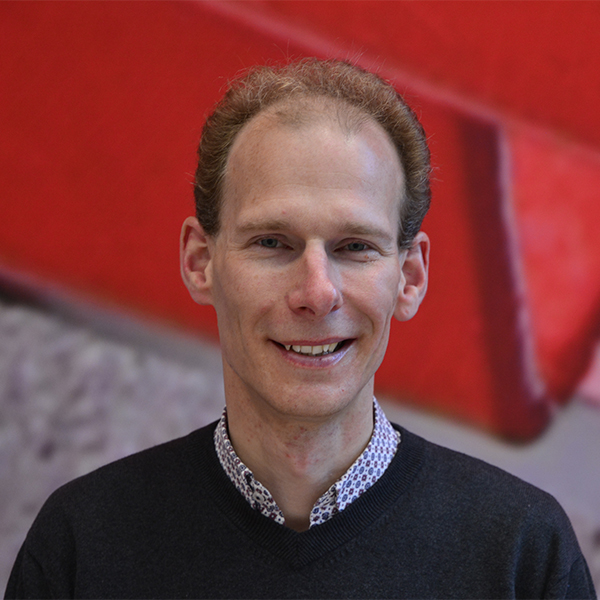
Reinout Kleinhans
The aim of my fellowship is to improve our understanding of (the conditions for) effective approaches to strengthening community engagement. I want to develop educational activities that enable students to make a positive local impact through their research and design. Think in terms of developing a knowledge-based intervention or network in a locality (e.g. street, square, neighbourhood, shopping centre, or school area). Or informing urban policy and answering specific knowledge questions that grapple local practitioners who often lack time and other resources to do proper research. I want to achieve this by enabling students to conduct research and design which truly connects to and engages (members of) local communities. This will be done in the context of several bachelor and master courses, which will be further developed for this purpose.
Click here to have a look at the videos Reinout created as part of his fellowship.
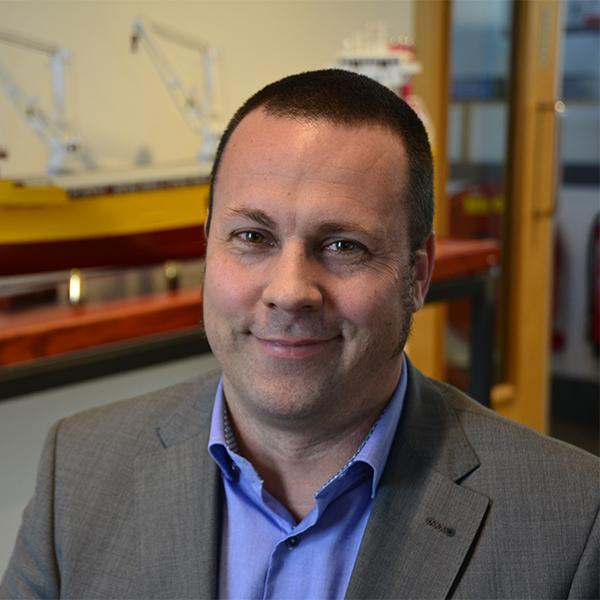
Jeroen Pruijn
I will use my fellowship to further gamify and blend education. Currently only material-related practices, such as welding, bending and milling are part of the course. To provide the experience of actual shipbuilding practice, I would like to develop a virtual practice, using Virtual Reality (VR) together with the VR-Zone and virtual excursions together with the New Media Centre. In the second phase these models will also be used to create a sort of interactive 3D lecture notes for the course. The main aim is to improve the knowledge retained by and the motivation to study of the students by replacing the statement of facts by experiencing the facts yourselves.
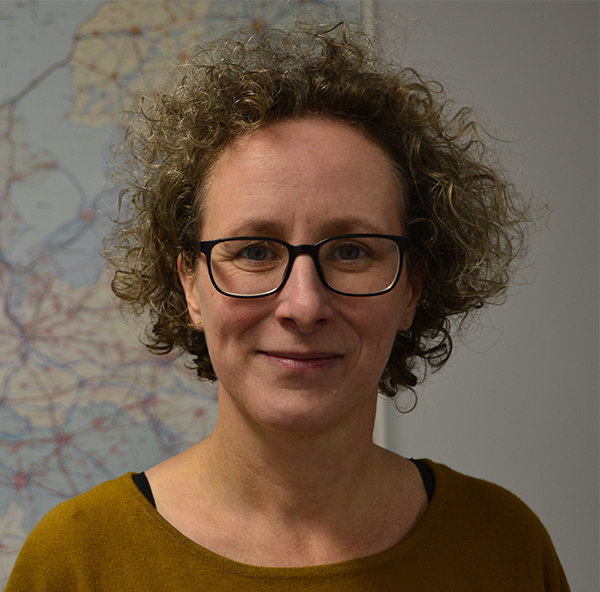
Astrid van Laar
Although you can survive in the Netherlands perfectly well with English, some engineers notice that a good command of Dutch can also be very useful. If you want to be able to function within a Dutch-speaking technical-scientific context, then knowledge of general Dutch is not enough. For this reason, future bachelor students at TU Delft have been taking the course in Language of Science at ITAV for many years. But there are more people looking for a language course at this level. For example, when they start working in the Netherlands in companies where Dutch is the primary language used by colleagues and clients, or when they want to work as a much-needed teacher of mathematics or physics. My Education Fellowship will make it possible to renew the existing Language of Science course and make it available to a wider audience. We can refresh and revise the course material and redesign the existing course into an effective interactive online teaching format.
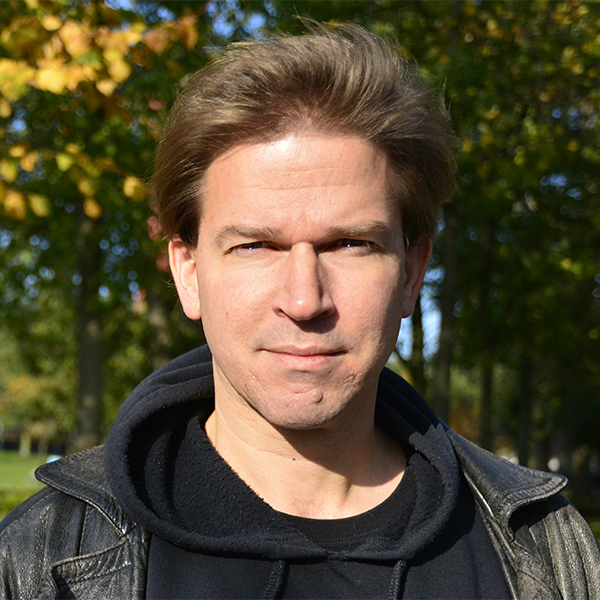
Rolf Hut
At Delft University of Technology we have been ‘making engineers’ for over 175 years. Our engineers are known throughout the world for their resourcefulness and their can-do mentality. Training our engineers has always involved hands on activities. All engineers from Delft have gotten their hands dirty somewhere in their education. During the two year run as an Educational Fellow I will first identify what the common thread in all these practical assignments is, to distill "the Delft Approach to Maker Education (DAME)". I will disentangle what is the common core of making engineers from the discipline specific content. Using this, I will communicate this result with other teachers, both at Delft University of Technology and beyond, to help them with implementing the Delft Approach to Maker Education in their own courses.
2019
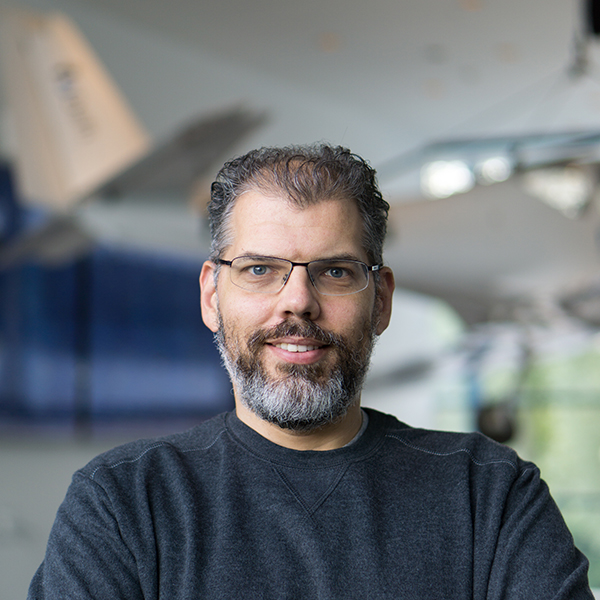
Calvin Rans
My concept for the fellowship is to develop an open and immersive digital textbook that makes use of the latest technology for embedding video and interactivity within the epub format for a digital textbook. This includes embedded teaching videos, virtual experiments with VR capabilities (filming with 360 camera to allow student to control what they see), and interactive problems. The main aim of this project is to increase the engagement for learners outside of the classroom by providing a learning resource that encourages the student to explore and interact with central concepts within a course.
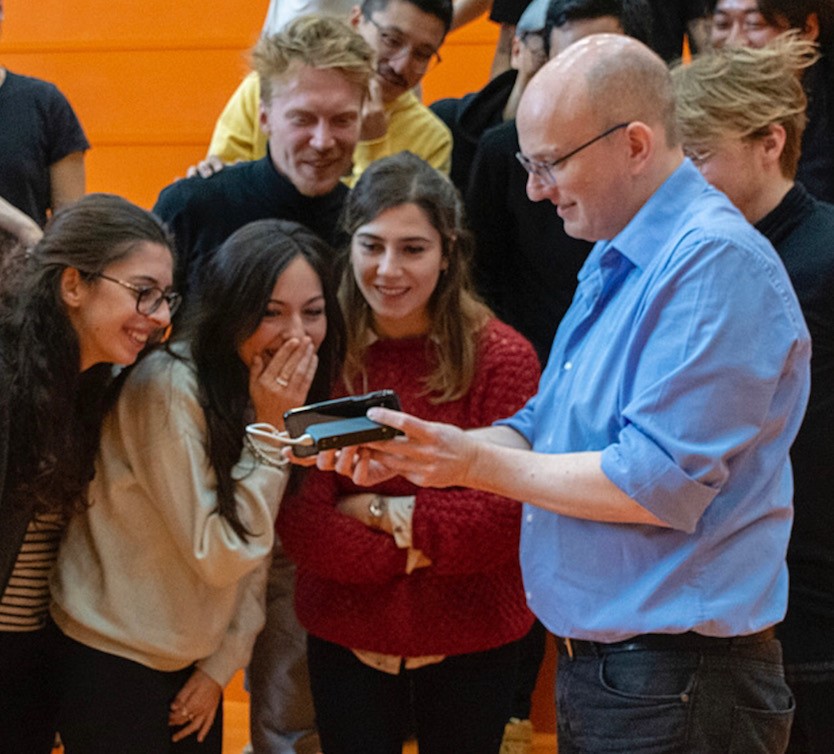
Martijn Stellingwerff
What does education look like when our world will be 'painted with data'?During his two year fellowship, Martijn will make a number of Augmented Reality exhibitions. The exhibitions will showcase spatial education examples from all faculties. Martijn will invite colleagues to collaboratively prototype their future classes, laboratories and studios.
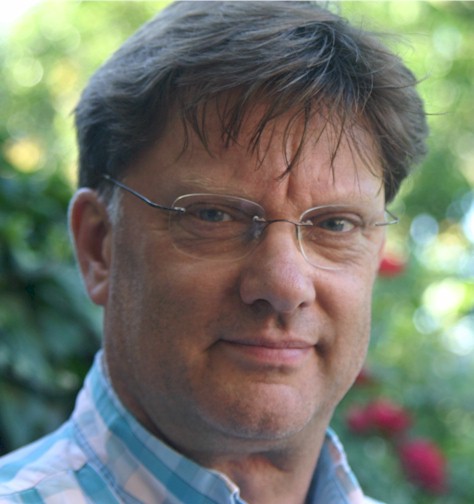
Chris Verhoeven
“Structured Electronic design for Engineers”.
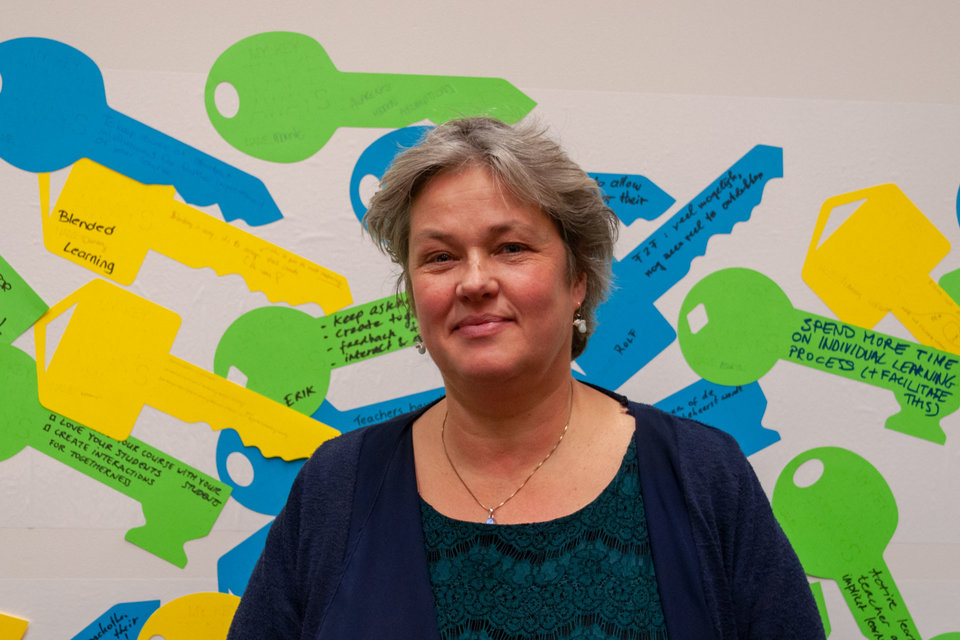
Angeniet Kam
To support students in their academic writing tasks, Angeniet will develop online materials about scientific writing that will be accessible for the whole TU community. Past of this will be an information hub about bachelor and master thesis writing, where students from all faculties will be able to find the information they need about this large individual writing task. Furthermore, a new program for giving (peer) feedback, D-PAC, will be tested with students and lecturers. Finally, a writing centre will be started where students can talk with a writing coach.
2018
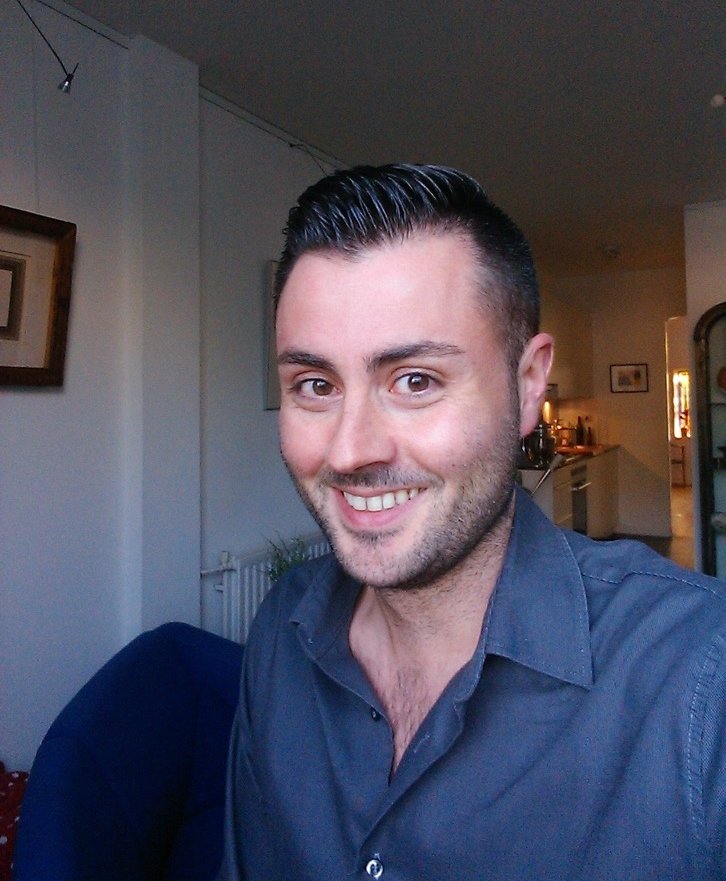
Pasquale Cirillo
Pasquale is going to expand risk consciousness and management within TU Delft. Pasquale strongly believes that risk philosophy and modeling should be part of the background of all engineers, designers and scientists, that is of all our students. He plans to develop two related activities: “Risk Mind(s) - The Logic of Risk”, an online project on risk in engineering, the social sciences and life in general. And “The Risk Lab”, a series about risk perception and decisions under uncertainty, open to all the interested students and staff.
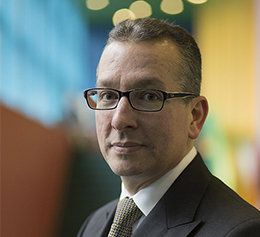
Kevin Cowan
Kevin's project aims at the thinking process at the core of the engineering sciences. His goal is to augment this thinking process with suitable computer tools, and to use them as a core driver for coursework. Kevin will create a virtual computing lab to make an immediate, symbiotic connection between theory, application, and implementation. Doing so will place curiosity and investigation at the center of engineering coursework while simultaneously strengthening a student’s understanding of fundamentals.
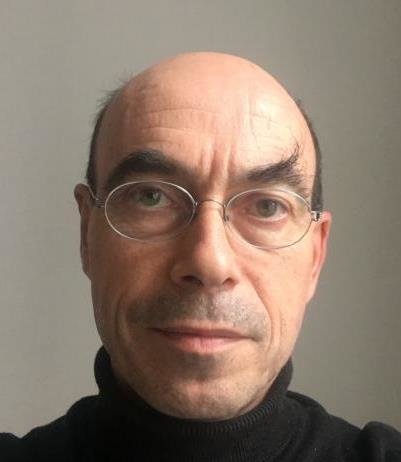
Pieter Bots
Four years ago, Pieter developed the “modelling estafette”: an innovative work form for students to develop quantitative modelling skills. It combines stepwise project organisation, double-blind peer review and peer appraisal, and a set of “rules of the game” that provides strong incentives for producing quality deliverables while appraising fairly. Since peer appraisal is crucial for the estafette method, Pieter wants to gain better understanding of how students perceive a modelling estafette, and more specifically the peer review and appraisal process.
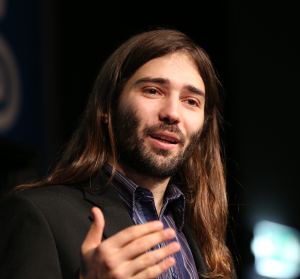
Anton Akhmerov
Anton has developed open source software for online grading of handwritten exams. The prototype software called Zesje saves a lot of time and allowed Anton and his course team to grade in parallel, while ensuring the consistency of the grading scheme. The use of Zesje improved the analysis of the student performance, transparency of the grading scheme, and makes it possible to provide detailed feedback to every student. The fellowship supports Anton to further develop his software program.
2017
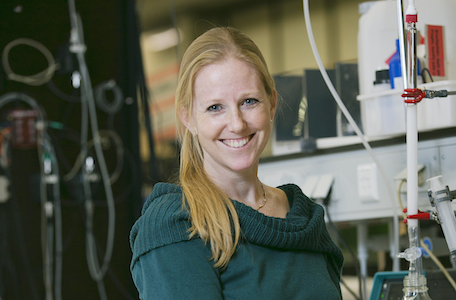
Merle de Kreuk
Merle will evaluate an existing course that’s using blended learning for over 3 years and a course that will start to use prof-ed material currently in development. The outcomes will help and stimulate other teachers to use already developed knowledge clips in class.
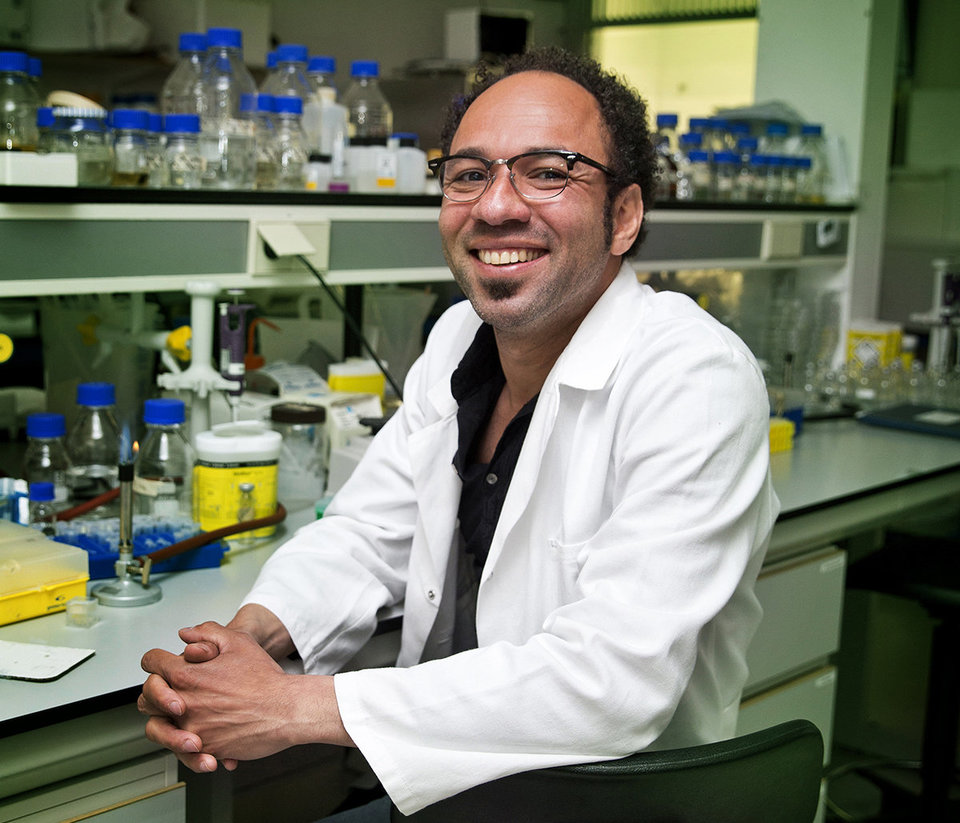
Bertus Beaumont
This Fellowship project aims to develop a biology course for students in non-biology programs and building a visual, interactive interface that allows users to experience the connections between TU-Delft disciplines in the hierarchy of natural processes.
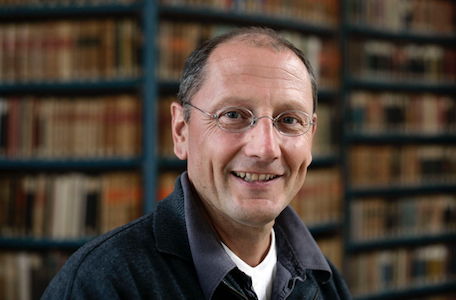
Frido Smulders
Finding the answer on how can you best assess the learning of student-entrepreneurs who set up and grow their own companies as part of their educational MSc programme without a clear theoretical framework. That is the quest of Frido’s two-year Education Fellowship. Frido develops educational modules that bring entrepreneurial practice at academic level into education.
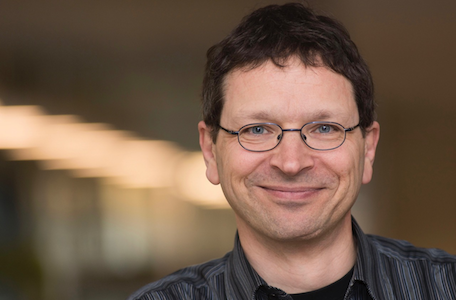
Ivo Bouwmans
Classes can become more interactive and effective by flipping the tasks students do at home and during meetings. Ivo collects the experiences of teaching staff and students, and distributes the lessons learned in the form of an online guide and meetings.
2016
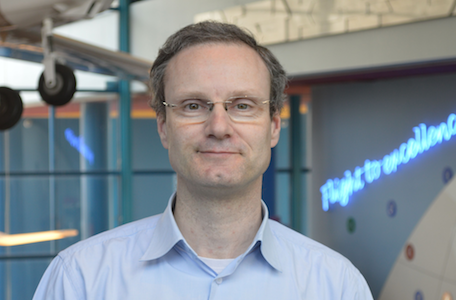
Joris Melkert
Joris' idea: let students build actual airplanes. A unique experience that teaches them both the theory and practical reality of aerospace research and engineering.
-
-
- Aircraft Manufacturing Laboratory
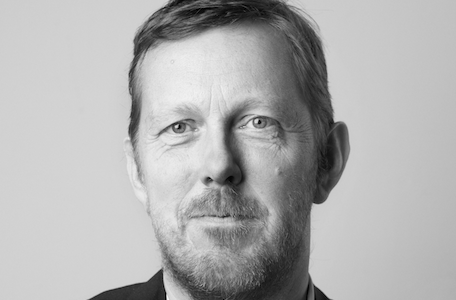
Dick van Gameren
Dick's design studio focuses on the question of affordable housing in ever-increasing cities. He looks to develop a global and open online platform where teachers and students worldwide van debate, exchange and spread designs.
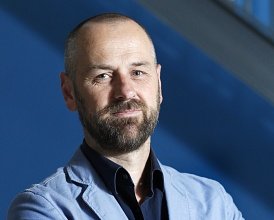
Bas Flipsen
Bas aims to break down barriers by mapping the effects of education methods & -concepts at TU Delft. This will result in Teaching Recipes: clear overviews of the best tools, together with simple instructions, pro's and cons and (time) investment costs for his fellow teachers.
-
-
- Video Good teaching in less time
- Ingredients for Sustainable Teaching
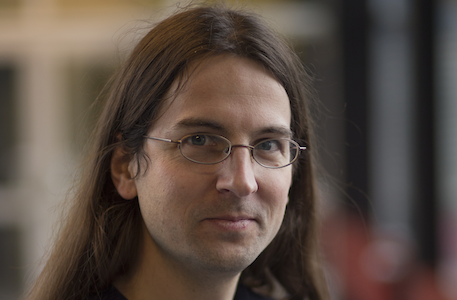
Fokko van de Bult
How do you motivate more students for mathematics education? Fokko will develop short clips, together with colleagues from different fields, that demonstrate the application of mathematics in those fields. They can be used for classes and blended learning concepts.